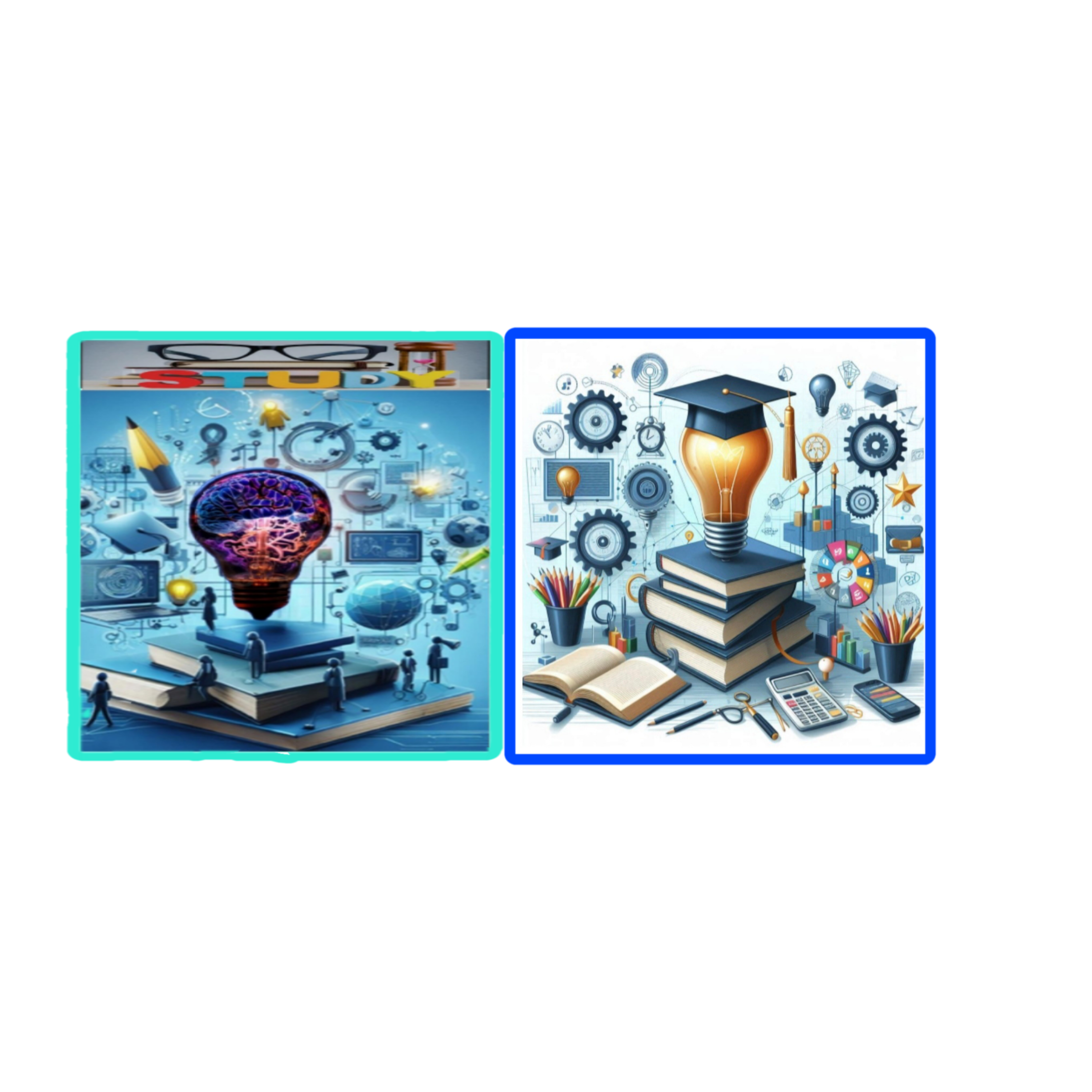
Sept,26/2024 Tiffany Hamilton
The Importance of Education in Today’s World
In an era characterized by rapid technological advancements, globalization, and an ever-evolving job market, education has become more crucial than ever.
It serves as the foundation upon which individuals build their futures and equips them with the skills necessary to navigate complex societal challenges.
The significance of education transcends personal development; it plays a vital role in fostering economic growth.
Promoting social equity, and enhancing civic engagement.
Economic Empowerment Education is a powerful tool for economic empowerment.
It provides individuals with the knowledge and skills needed to secure stable employment and pursue career advancement.
In today’s competitive job market, higher educational attainment is often linked to better job prospects and higher earning potential.
According to various studies, individuals with a college degree earn significantly more over their lifetime compared to those with only a high school diploma.
This economic advantage extends beyond the individual; a well-educated workforce contributes to a nation’s economic growth and global competitiveness.
Countries that invest in education tend to experience lower unemployment rates, higher productivity, and increased innovation.
Social Equity and Inclusion
Education is also a key driver of social equity and inclusion.
It has the power to break the cycle of poverty by providing marginalized communities with access to resources, opportunities, and networks.
Quality education helps level the playing field, enabling individuals from diverse backgrounds to achieve their full potential.
Furthermore, education fosters critical thinking and promotes understanding among different cultures and communities.
In an increasingly interconnected world, the ability to appreciate diversity and engage in constructive dialogue is essential for fostering social cohesion.
Civic Engagement and Responsibility
An educated populace is vital for a functioning democracy.
Education empowers individuals to participate actively in civic life, understand their rights and responsibilities, and make informed decisions.
It cultivates critical thinking skills that enable citizens to analyze information, challenge misinformation, and engage in meaningful discussions about societal issues.
Furthermore, education encourages civic responsibility by promoting values such as tolerance, empathy, and respect for others.
Educated individuals are more likely to vote, volunteer, and contribute positively to their communities, thus strengthening the democratic process.
Adapting to Change
In a world that is constantly changing, the ability to adapt is essential.
Education fosters a growth mindset, encouraging individuals to embrace lifelong learning and continuous personal development.
As industries evolve and new technologies emerge, the skills required in the workforce also shift.
Education prepares individuals to adapt to these changes, equipping them with the ability to learn new skills and stay relevant in their careers.
This adaptability is crucial not only for personal success but also for the resilience of the economy as a whole.
In conclusion, the importance of education in today’s world cannot be overstated.
It is a fundamental pillar that supports economic empowerment, promotes social equity, fosters civic engagement, and prepares individuals to adapt to an ever-changing environment.
As we look to the future, investing in education should be a priority for individuals, communities, and governments alike.
By doing so, we can create a more equitable, informed, and prosperous society for all.
In a time where knowledge is power, education stands as the key to unlocking potential and driving progress.
